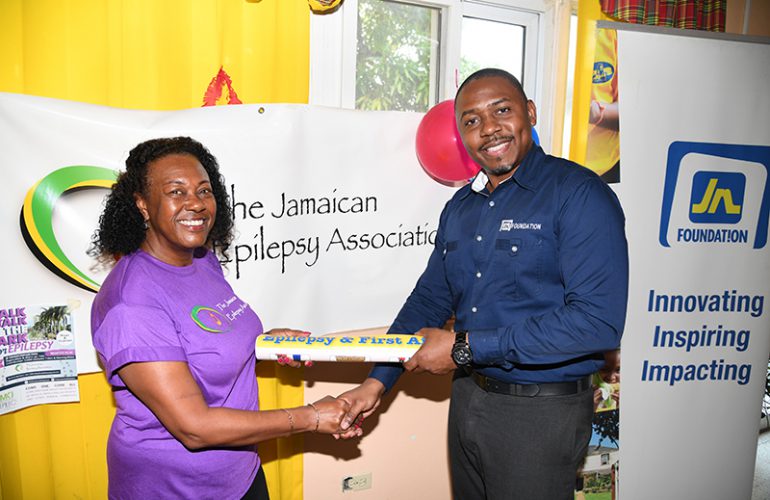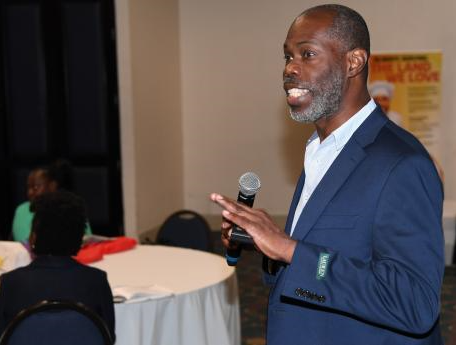Spanish Town welcomes JN Circle Chapter
Members at the Spanish Town branch of JN Bank welcomed the introduction of the JN Circle, a global network of service clubs, which are empowered by Jamaica National to advocate for change and strengthen their community.
The members expressed their delight about the initiative at the inaugural meeting, which was held at the branch in St Catherine, recently.
“I believe that this is quite interesting. Once it has something to do with building, conserving and preserving our communities, then this is something that I want to be part of,” Alvin Lawson, a JN Member for some 30 years, said.
Peter Chin, another member, said that he believes that Spanish Town will benefit from having a JN Circle chapter in the old capital.
Pastor Phillip Johnson stated that he has high expectations from the JN Circle. “I believe that this JN Circle is not simply another talk shop. I believe that great things will come from it, therefore, I’m happy to be a part of the JN Circle,” he affirmed.
Major Effiom Whyte, member relations coordinator with JN Group, in explaining the aims and objectives of the JN Circle, said that its goals are to, “Improve the lives of members and serve as a platform for advocacy.”
“This service club is going to provide a platform for all of us to use our voices and to experience and create change for ourselves and others, through networking, advocacy and community development,” he related.
Outlining the benefits of the JN Circle, Chevanese Peters, project coordinator, JN Foundation, informed that participation in a JN Circle will afford members the opportunity to build their network.
“You will benefit from empowerment training, leadership and capacity-building. Through unmatched access to JN’s subject matter expertise and resources, JN Circle members will live better lives,” she said.
Peters further added that “JN Circle members will be connected to Jamaica National, as their relationship will extend beyond the business relationship and also include, JN’s support for issues which impact them and their communities.
JN Circle chapters have been established in Port Antonio, Portland; Morant Bay, St Thomas; Linstead, St Catherine and Mandeville, Manchester. Additional chapters will be rolled out in other parishes during the coming months.
Claudine Allen, member ombudsman, at The Jamaica National Group, who is driving the initiative, stated that the JN Circle presents an opportunity for JN members and employees to work together, to ‘do good,’ in their respective communities; and contribute to building their country.
“Connecting people, communities and doing good are the main objectives of the JN Circle. It will provide an avenue through which members can be engaged in meaningful, sustainable partnerships with JN and their communities, as the group of companies and organisations work to unleash the potential of Jamaicans, wherever they reside,” Allen affirmed.
The initiative is being guided by the Member Relations team at The Jamaica National Group, in collaboration with the JN Foundation and JN member companies.






